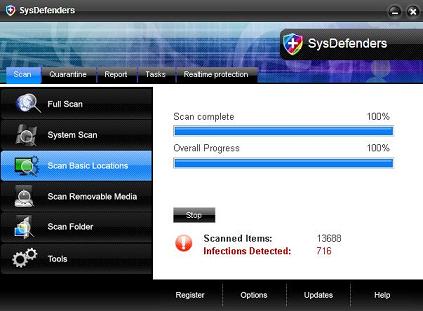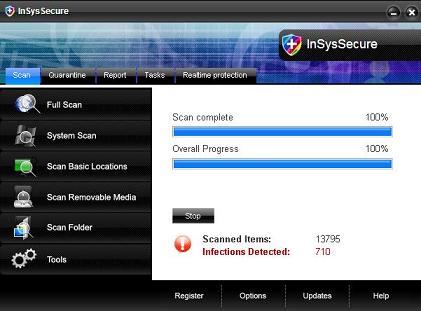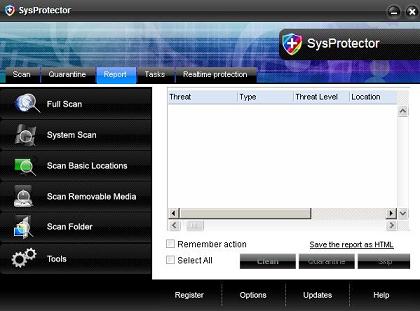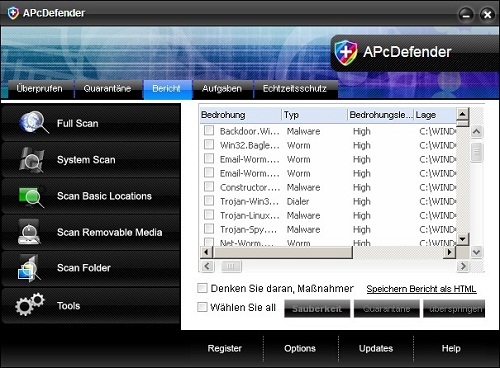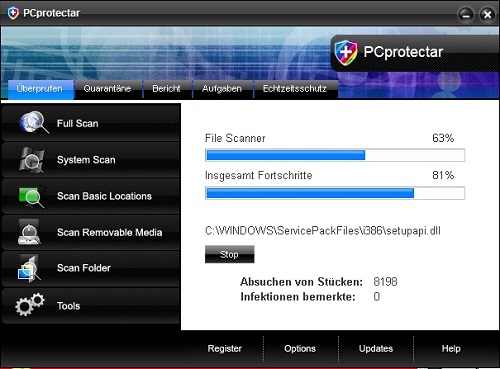The Internet has not only changed how we get our news, it has also changed how quickly and effectively we can respond to it. We’ve seen this with disaster-relief efforts in the past, and we’re seeing it again in the aftermath of the 7.0-magnitude earthquake that recently hit Haiti.
The good news: online networks like Twitter and Facebook are mobilizing efforts to raise aid for Haiti earthquake victims.
With the holiday season behind us, cyber scammers and spammers will now be looking towards the upcoming events and worldwide happenings that they can leverage to form the next waves of online trickery. The noteworthy ones on the horizon include Valentine’s Day, tax-filing season, and the FIFA World Cup – all of which will, in all likelihood, produce their own variety of social engineering techniques, online fraud, malware, fake websites, phishing, and spam.
The results of the Softonic awards – where users pick the best software in 2009 across different categories and platforms – are in. And, the win in the 'Best Anti-Spyware’ category … for its 'advanced protection against all sorts of malware'…goes to…
Ad-Aware!
Interesting statistics were released this week in an industry report from our fellow security vendor, Panda Security:
Cyber criminals produced more malware in 2009 than they did in almost 20 years. 25 million new strains of malware were created this past year; a combined total of 15 million strains were created throughout the past two decades.
SC Magazine has the full report here.
It’s a great time of year for list-making. ‘Tis the season when many of us – the online security industry included – make lists summarizing the past year, and make more lists looking ahead with predictions of what we may face in the 12 months to come. (And, we have to say, these types of lists do have their value, providing an interesting look at the months gone by, which in turn can open up insights into the coming year.
The creators of WiniGuard rogue security software have released their first clone of 2010. This new rogue is called PcsProtector.
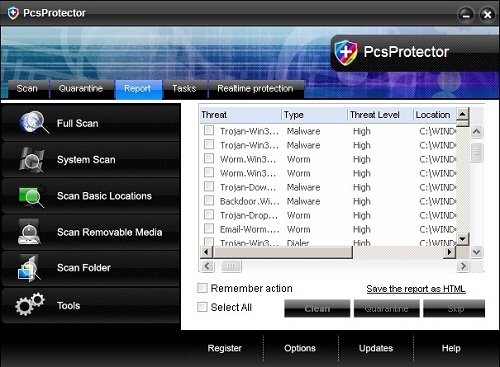
- ‹‹
- 2 of 2

